How Attached are You to Your Pet?
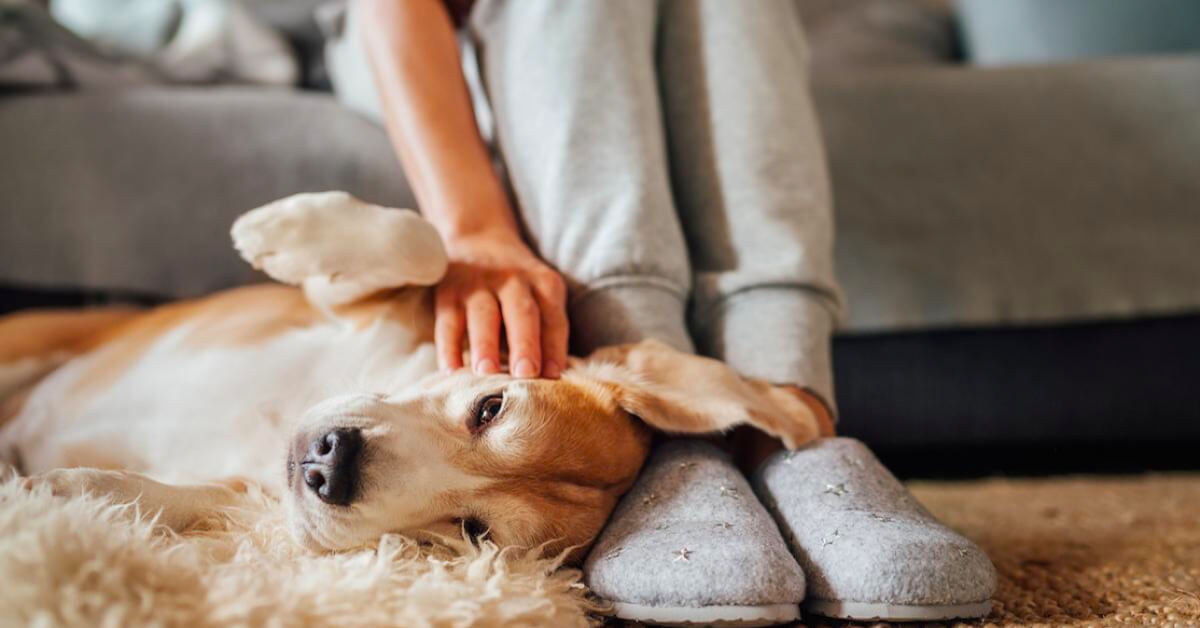
Note: This article was written for and originally posted on Silversky.
To some of us, staying at home all day with our furry friends is a dream come true. A loving companion who never fails to comfort us and provide us with strength and support, it’s no wonder some of us grow to become very attached to our fur-mily.
But just how attached are you to your pet? Are your feelings for your dog completely normal, or could it be time to rein that affection in a little? Take the quiz below to find out!
*For every (a) option chosen, award yourself 0 point; for every (b) option chosen, award yourself 1 point; for every (c) option chosen, award yourself 2 points.
Disclaimer: This quiz and its results are for entertainment and educational purposes only, and merely serves as guidance.
Q1) You’ve just returned home from a long day at work. What would you normally do upon entering your home?
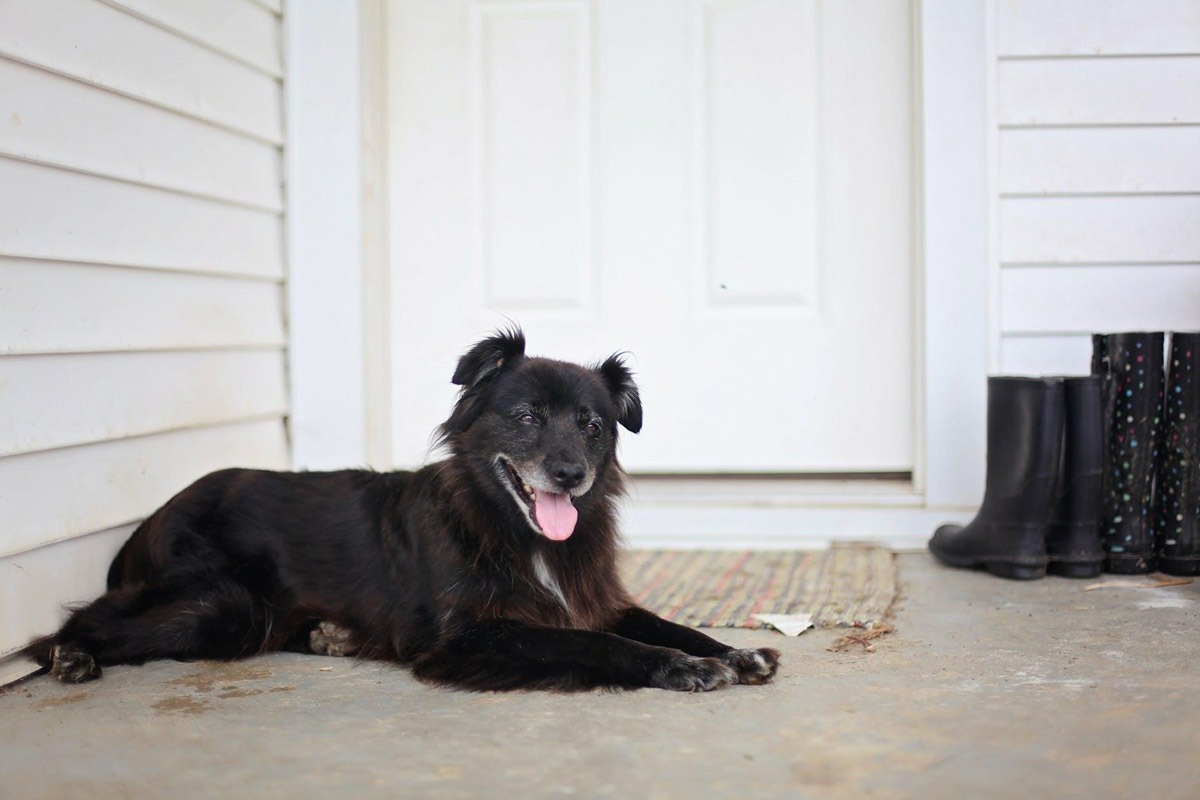
Source: Leah Kelley from Pixels
a) Be unbothered to find them, because they will find you. When they do approach you, you avoid entertaining them because you’re tired.
b) Greet them by giving them pats or hugging them for a while. You might also greet your other family members first before greeting your pets.
c) Immediately greet your pet by hugging them for a long period of time until they are struggling to escape before greeting the rest of your family members. Sometimes you don’t even remember to greet your family at all.
Q2) Your friends are making plans to go out for the weekends. What would you normally do?
a) Happily entrust the care of your pet to your family members without saying goodbye.
b) You head out after giving them a good scratch behind the ear and make sure to shower them with love when you get back.
c) Make an excuse not to show up. After all, you rather spend time with your pet than go out with your friends.
Q3) Your pet is doing something cute. What do you do?
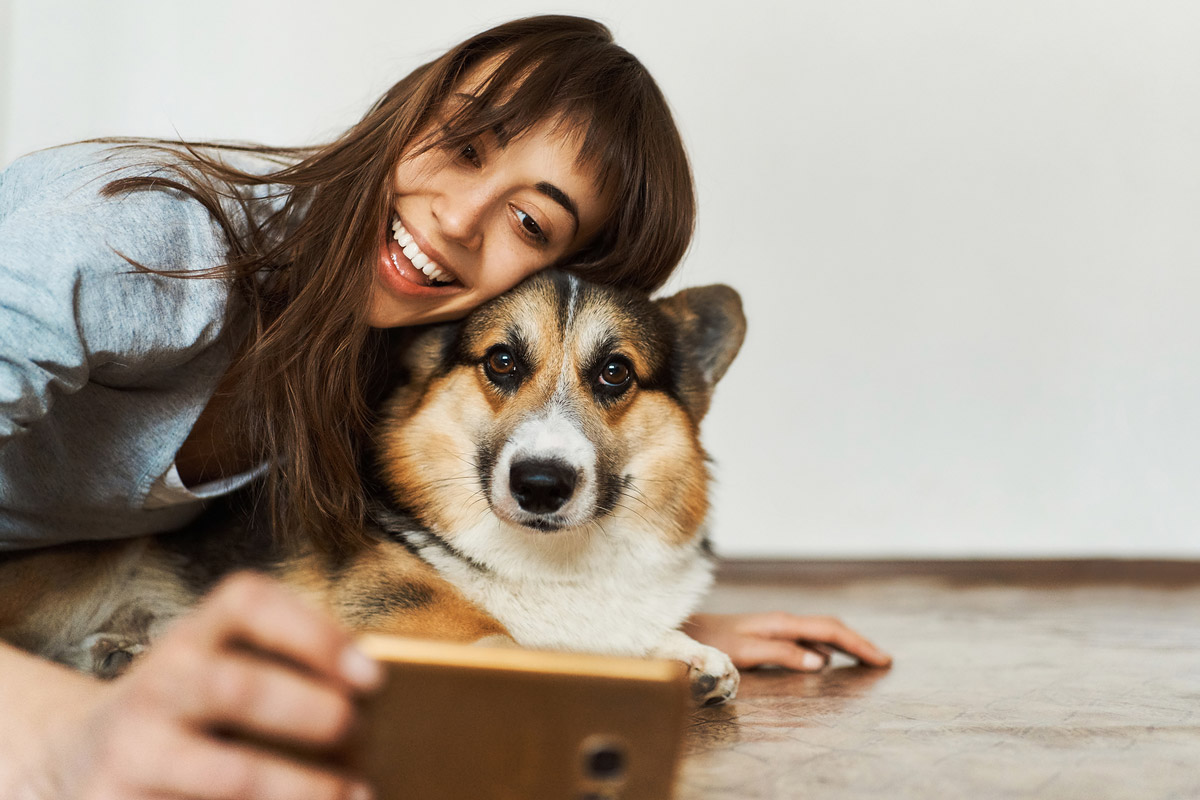
a) Leave them wandering around by themselves. You probably do not pay attention to their actions most of the time.
b) Whip out your phone and take a few photos of them, or stop to interact with them for a short while (because who can resist that face?) before continuing with what you were busy with.
c) Drop everything you were doing, even if it is something important, and spend the next few hours fawning over your pet before resuming your activities.
Q4) Something feels amiss; your pet is behaving abnormally out of the blue. What would be your immediate reaction?
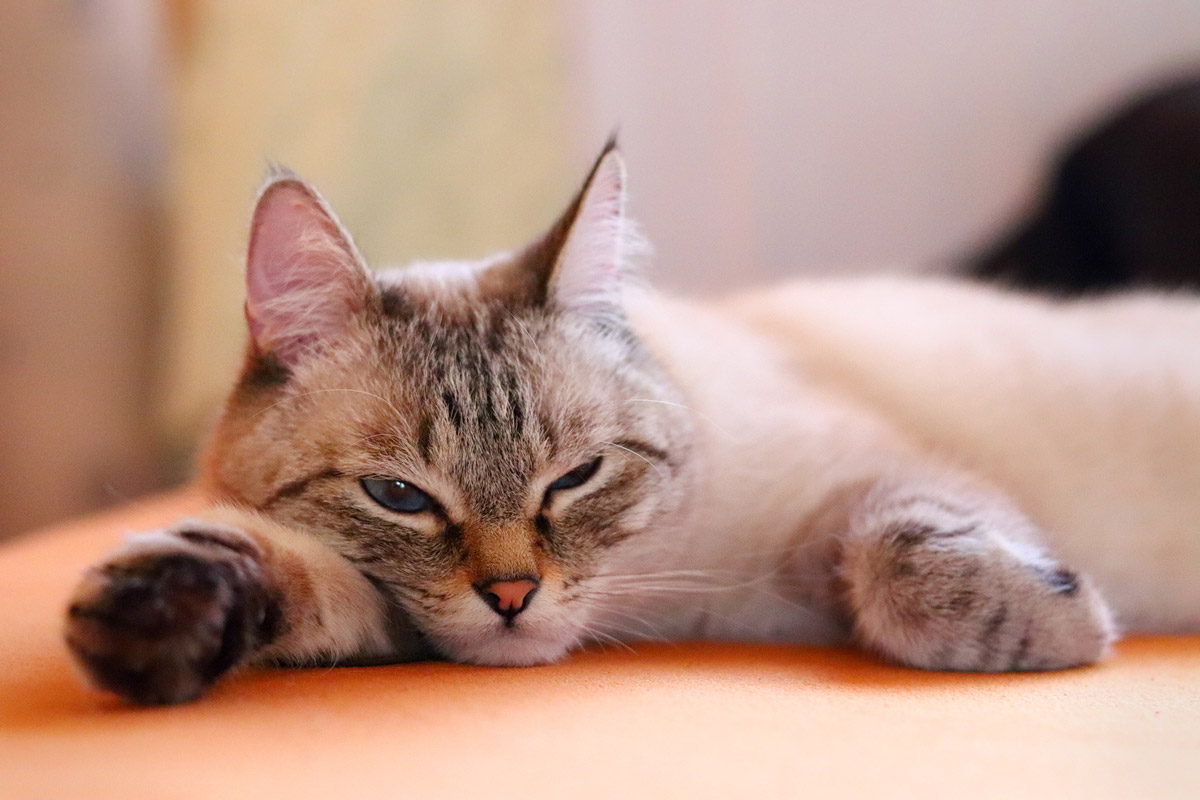
a) Let them be. It’s probably nothing serious.
b) Approach your pet and show concern for them, while searching up on possible problems that your pet might be facing.
c) Start crying immediately and panic-call the vet.
Q5) Your pet wants to sleep on your bed but there’s no space. What would your decision be?
a) Leave them below. They have a perfectly fine bed of their own!
b) Let them up and squeeze a little. It’s always nice to snuggle with your pet!
c) Let them up and squeeze together. If your pet seems to be uncomfortable with the lack of space, you’ll move to the couch or kick your other half off the bed instead. Your pet deserves to sleep where it wants to.
Q6) Your pet is paying more attention to someone else instead of you. How do you feel?
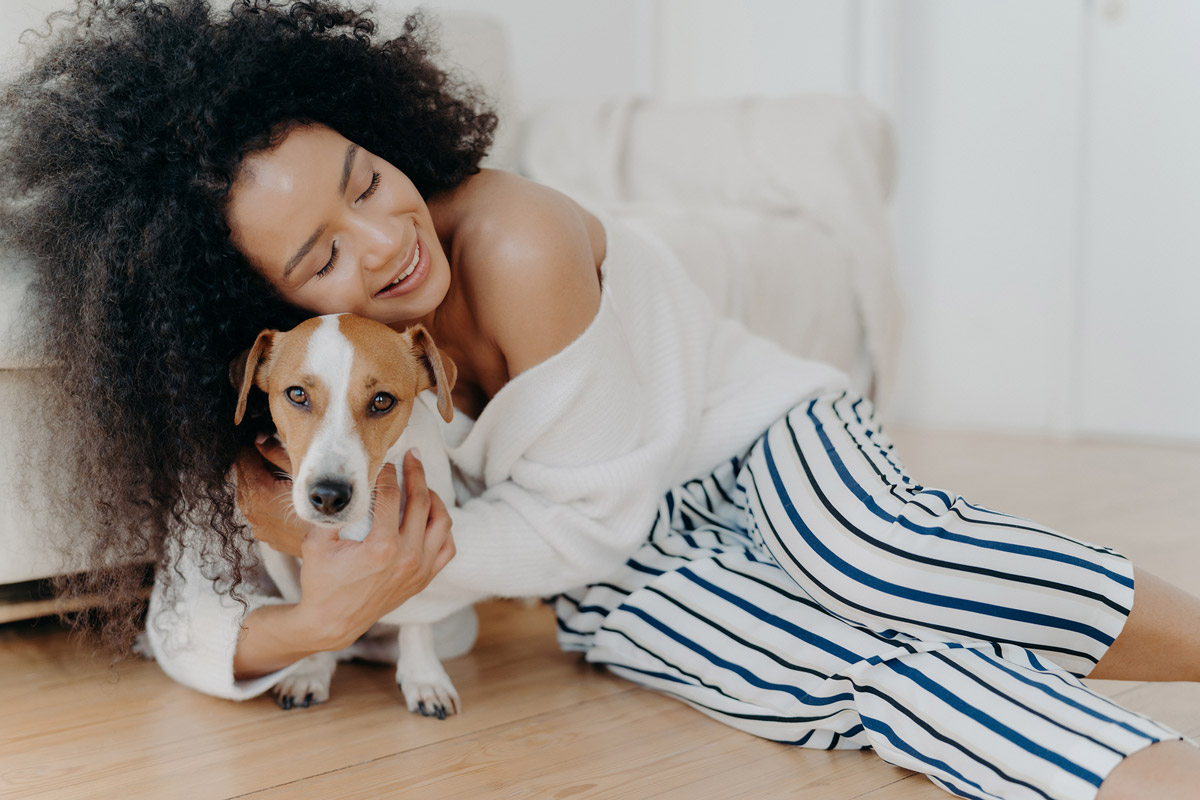
a) It’s fine. You rather they not bother you any way.
b) You feel a twinge of jealousy, but you brush it off because you understand that they’re full of love. That’s what’s so amazing about them!
c) You feel really jealous and immediately step in between them to redirect your pet’s attention to yourself. How dare your pet get chummy with someone else! What did the other person ever do to deserve this love?!
Q7) You’re stressed out. Who do you turn to for comfort and support?
a) Your family and friends only.
b) Your family, friends, and pets.
c) Your pets only.
Q8) You happen to walk in on your pet doing something that it has been trained not to do. What is your normal reaction like?
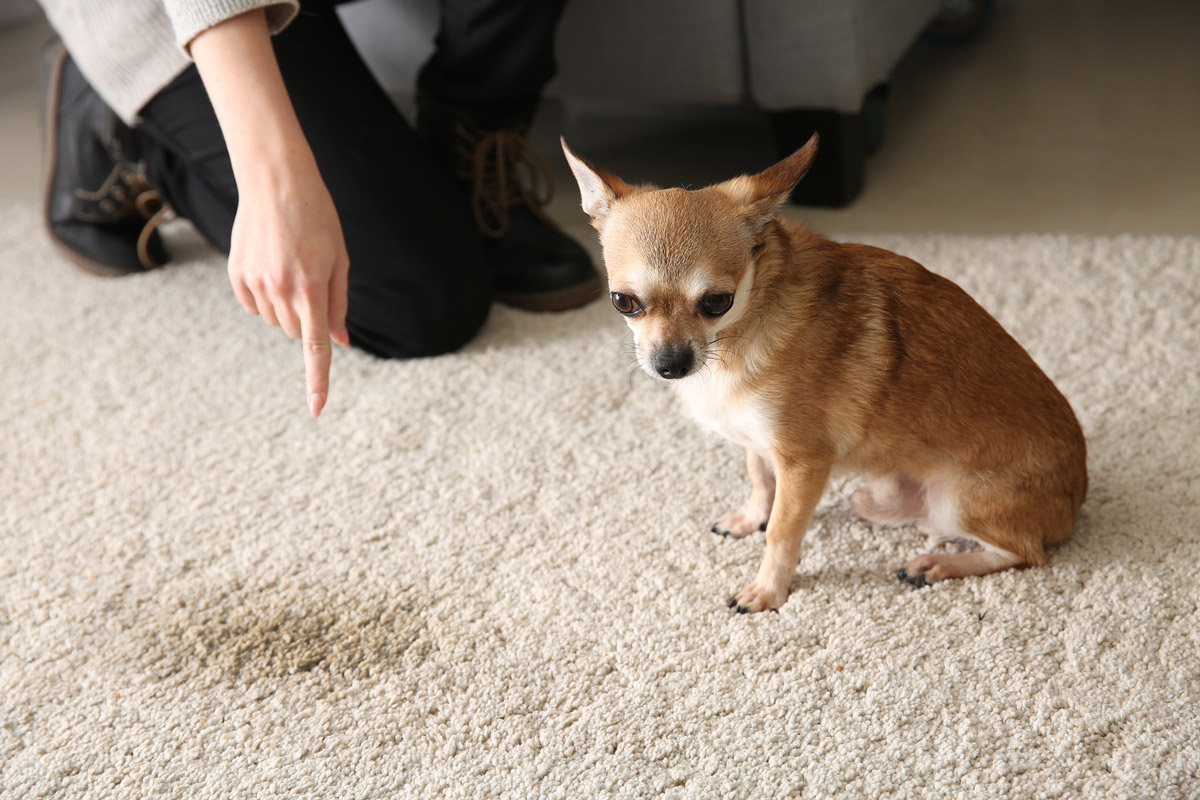
a) You immediately yell at your pet. They need to be taught a lesson!
b) You immediately stop your pet in the act with a firm “No.”, or any other vocal cues that you usually use. If necessary, give them a time-out.
c) Squeal and tell them not to do it again, but in your usual pleasant, high-pitched voice, like how you would tell a baby to stop doing something. If your pet looks at you with sad eyes, you cave in and give them cuddles because they’re just too cute to stay mad at!
Q9) How often do you talk about your pets?
a) Never. Why would I?
b) Occasionally, like when they do something cute, or if someone asks me about them. You also created an Instagram account just for them that you update about once a week or so.
c) All the time. So much so that your friends get surprised if you don’t give them your usual daily pet updates. You also update that pet Instagram account once every 1-2 days. The world needs to witness just how adorable your pet is!
Q10) You’re about to head out for a long appointment. What do you normally do with your pet?
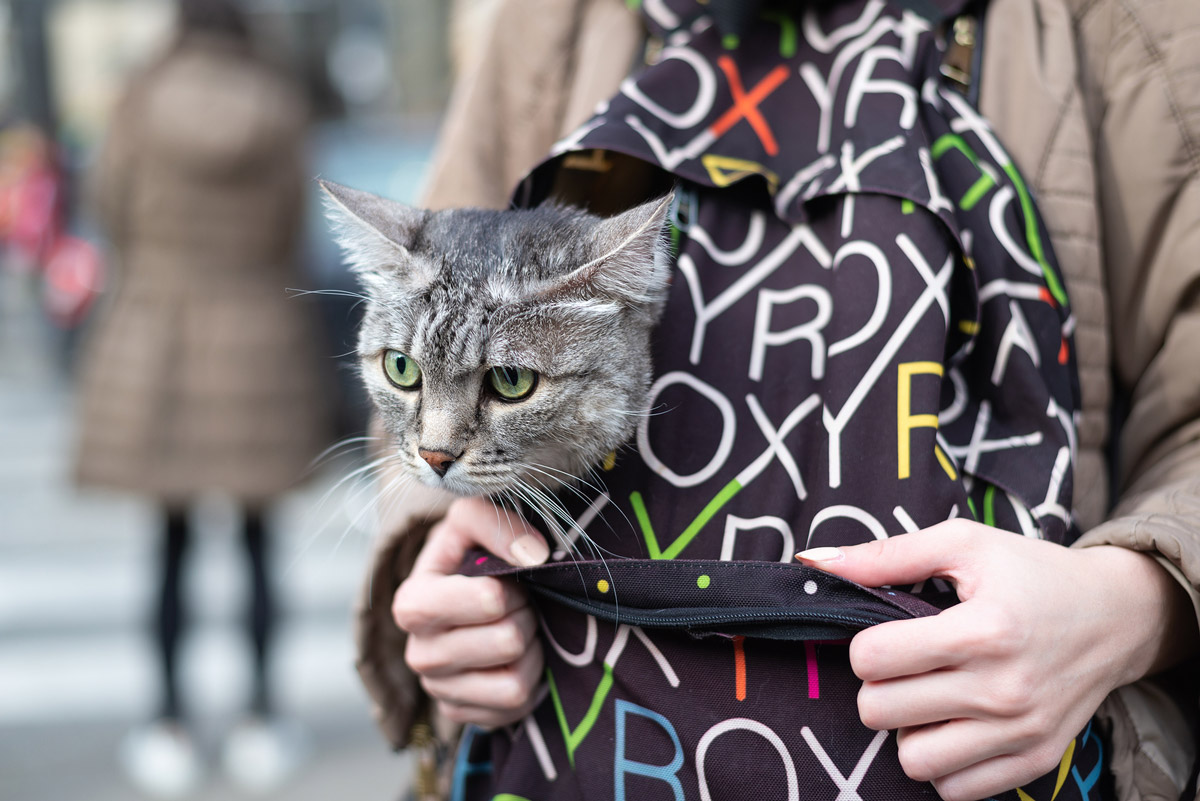
a) Leave them home. It’s too much of a hassle to bring them out.
b) Check if the people you’re meeting are alright with you bringing your pet along and if the place that you’re headed to allows pets. If all’s good, your pet’s coming along on an adventure with you!
c) Bring them along even if they run away or hide from you. Smuggle them in a bag if you have to. You and your pet just can’t be separated from each other!
Tabulate your results!
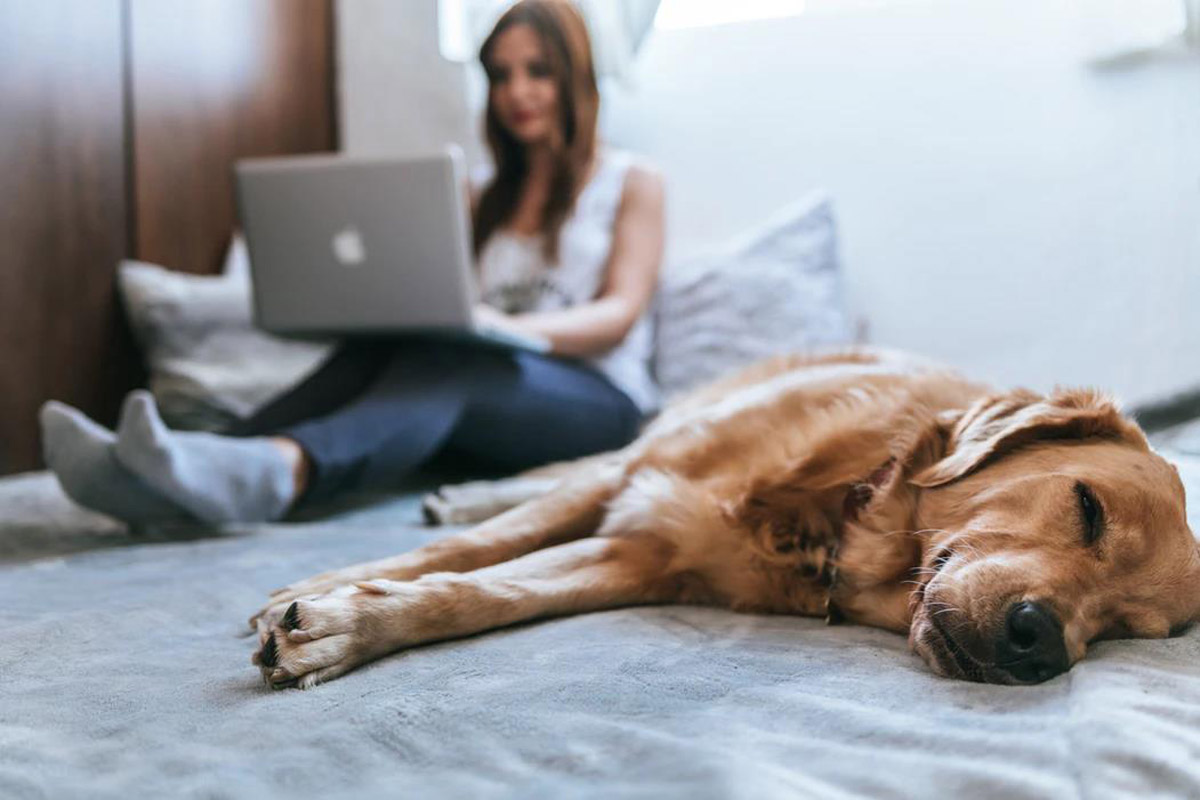
Source: Bruno Cervera from Unsplash
Add up all the points you’ve been awarded according to your choices!
If you have scored 0-5, your pets are likely in need of love and affection from you!
As a pet owner, it is important to build a healthy relationship with your pets. Not only is taking care of their basic needs, such as food and water, important, their emotional well-being is also part of your responsibility!
Though we might be unable to communicate directly with our pets, our body language and everyday actions towards them is how our pets can know that we love and care for them. This is especially so for dogs, who are pack animals that thrive on social interactions — a lack of affection from their owners can cause them to become inactive, withdrawn, or even depressed.
To get used to displaying your affections more often, think back to the reasons why you decided to get a pet, and remember what made you so drawn to them. Spend more time with them to strengthen the bond between the two of you, such as bringing them for pet events, teaching them a new trick or two with treats that can be bought from the many pet shops in Singapore, or reciprocating when they are being affectionate towards you. As you continue to do so, your attachment to your pets will naturally increase, which will definitely improve your pets emotional well-being!
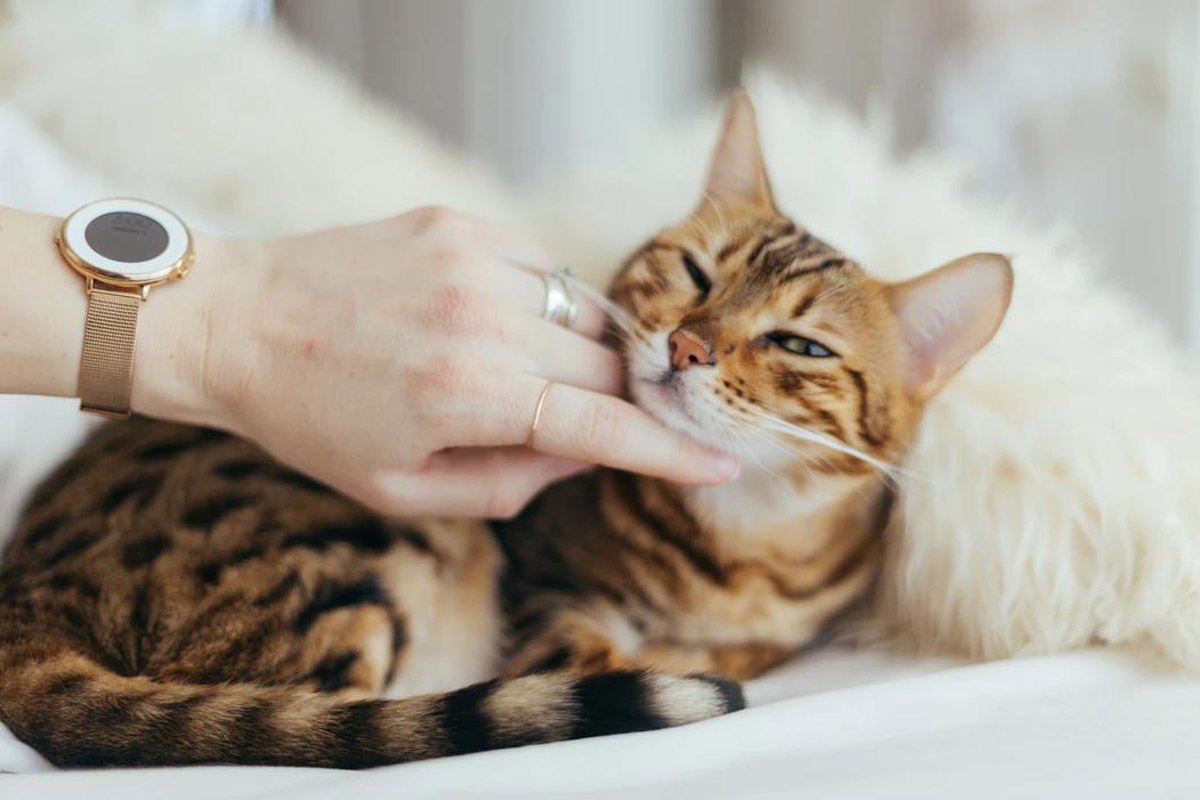
Source: Paul Hanaoka from Unsplash
If you have scored 6-14, congratulations! You are able to strike a balance between giving affection to your pets while not being overly-attached.
Maintaining this healthy relationship with your pet is extremely important for you and your pet’s well-being. Not only is your pet ensured sufficient love and care from you to keep them emotionally content and healthy, but your pet is also less likely to experience separation anxiety and behave in a destructive manner when you’re not around. This is especially so when they detect your sudden absence, such as you leaving for work for an extended period of time or you going overseas.
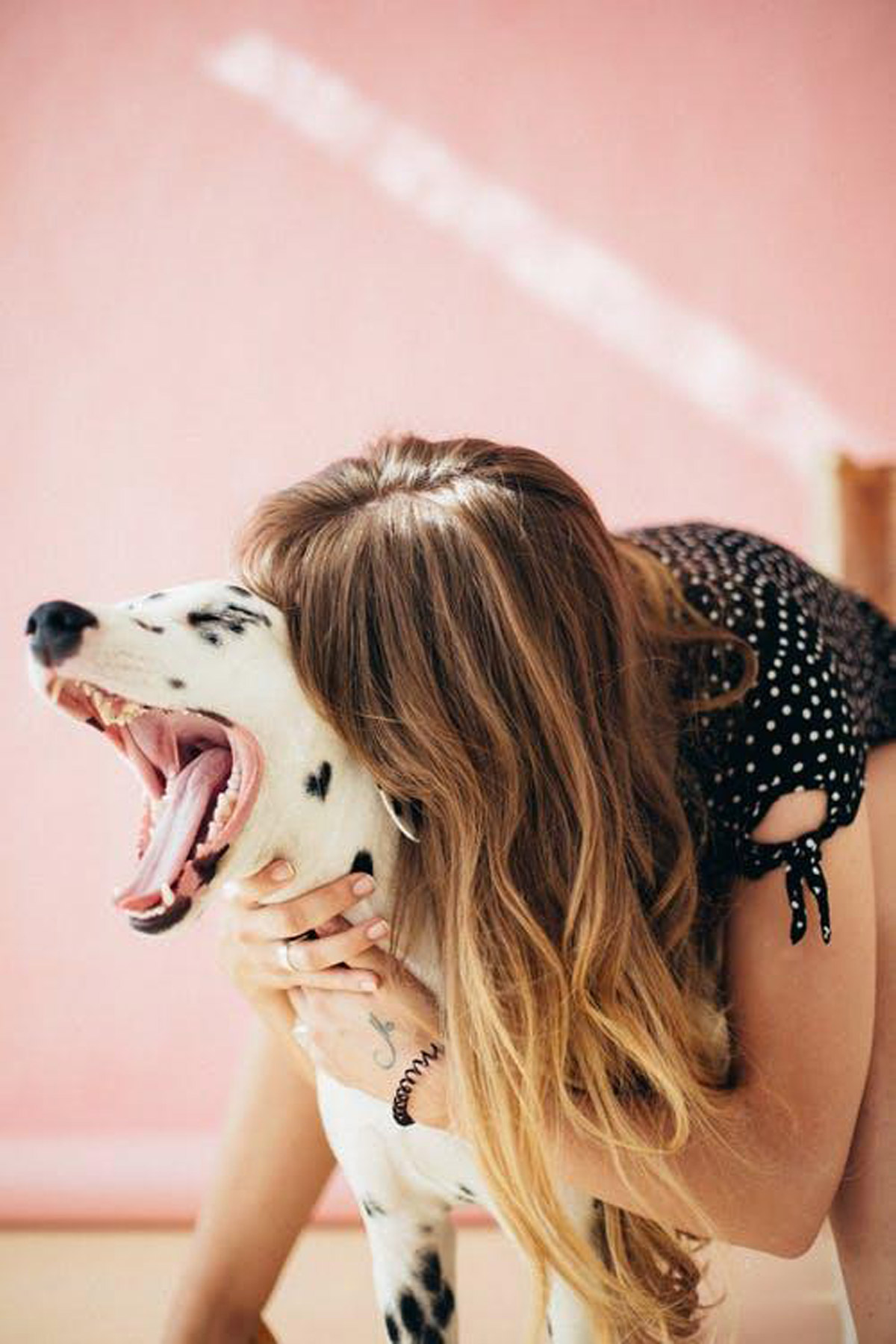
This dog is evidently not enjoying the hug any more!
Source: Daria Shevtsova from Pexels
If you have scored 15-20, watch out! There is a likely chance that you are overly-attached to your pet!
While it is important to give your pet love and attention, too much might result in behavioural issues or an overly-dependent pet. For dogs, this includes separation anxiety, resource guarding with aggression, and attention-seeking behaviours such as excessive barking, while cats might start to hide and run away from you upon sight.
If this sounds like your pet, or to prevent this from happening, try to provide structure and leadership for your dog like how a pack leader would! Deny your dog of what it wants if it’s not behaving well, and only give affection as a reward for good behaviour, such as urinating at its designated toilet, coming when called, and waiting patiently for its meals. Remember, positive reinforcement is key, and dogs feel more safe and secure knowing that there is someone in charge due to their pack animal instincts.
As for a cat that’s prone to running away and hiding whenever you get close, it’s probably acting this way because it’s not a fan of being picked up, cuddled, or whatever it is that it thinks you might do. Teach your cat to be comfortable with you coming close by repeatedly being near your cat without interacting with it at all. Once that’s established, let it experience various types of positive interactions (on your cat’s terms) each time you come near so that it learns that it’s not always bad to let you get close!
Ultimately, being attached to your pet is completely normal and worth celebrating. However, if it starts getting in the way of your interpersonal relationship with others, it might be time to reevaluate your attachment to your pet. After all, our furry companions are meant to enhance our lives, not take over.









